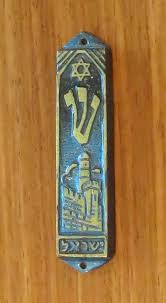13
Ruling Oppressor
by yudaica2013 ·
The reason for which if it understands the culture as produced and spread for the ruling classes is the lack of register of the oppressed social classes: history is always counted from the point of view of the oppressor who with its look, creates an exculpatory ideological device. Inside of this aspect if it does not want to say that the popular layers do not possess culture, for the opposite. It differentiates what them is the register form: social memory, orality. The intention of the present work is to detach that the sprouting and the social construction if make through oppressed oppressing dialectic x. In all relation of oppression a movement of castration of the oppressed being and in one same ratio of the oppressor appears. If in data moment who oppresses if it rebels, it creates mechanism of against attack in the oppressor, who if frees and in an adequacy movement the new established order, it creates, it invents, recria, having as source the proper oppressed oppressing relation/that it creates a new order/system for establishment of the relations.
' ' Only the oppressed ones becoming free itself, can free the oppressors. These, while classroom that oppress, nor frees nor if libertam' '. Freire (2002 P. 46). According to it the oppressed classrooms have advantages in relation to the oppressors, therefore they raise the humanity, promoting civilizatrios advances. So that such advances happen have the necessity of a distanciamento between oppressor and oppressed. Freire detaches that oppressing also it is oppressed: to exert control, oppressor must open hand of itself exactly and with this he is so oppressed how much the proper one oppressed. With these reflections do not consider social revolution, but that if it thinks about the perspective of the oppressed one, in the case of the literature, that it is for the oppressed one. The oppressor while such not if enxerga as he is.


